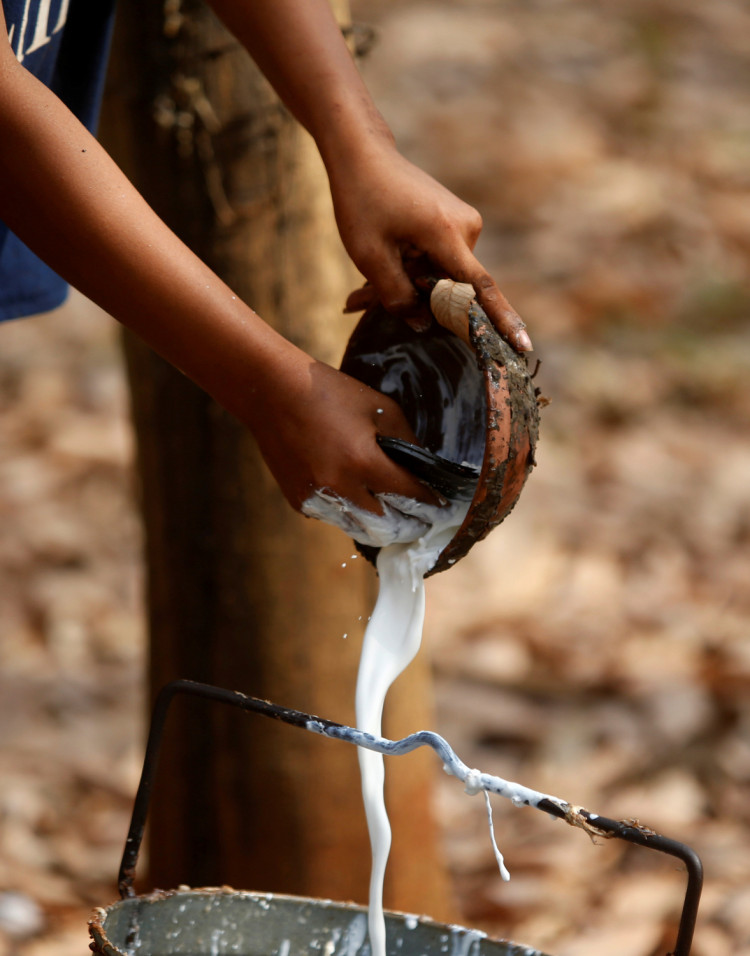The world's top natural rubber producers, Thailand, Indonesia, and Malaysia, are set to cut rubber exports by 240,000 metric tonnes starting April 1 to allow for increased domestic consumption of the product.
According to Malay Mail, the International Tripartite Rubber Council (ITRC) said senior officials from the Asian countries discussed terms of the agreement called the Sixth Agreed Export Tonnage Scheme (AETS).
The group said, "Under the Sixth AETS implementation, the three countries agreed on export cutbacks of 24,000 metric tonnes of NR. The AETS will be implemented through their respective domestic regulators."
The ITRC explained that senior officials made the decision to push for domestic consumption of natural rubber, adding that the three countries involved are confident the joint venture will call for reasonable prices for both small and large stakeholders in the natural rubber industry.
The three countries combined make up for around 70 percent of the world's total natural rubber exports and while exporting will continue, domestic sales are the priority for at least four months.
The changes were first announced in February but were only finalized on Wednesday following concerns about exceeding global supply of the commodity. The move is also part of a late 2017 agreement that stated the countries will curb exports by 350,000 tonnes within a period of three months, Reuters reported.
Last year, global demand for natural rubber saw a hike of 5.2 percent, accounting for 14.01 million tonnes in 2018. A shortfall of 57,000 tonnes was recorded while prices recovered at some point by the end of the year.
The Association of Natural Rubber Producing Countries reported that global production of the commodity increased by 4.6 percent. The figures are a significant increase year-on-year as these accounts for 13.96 million metric tonnes of the product.
Earlier last month, Indonesia proposed a restriction on NR exports to boost local demand. Jakarta said at that time that it will launch a program aimed at constructing rubber roads in the country.
Global prices of NR have been struggling since last year, with some investors and buyers displaying hesitance for the industry due to bearish predictions. Officials from the Asian country previously blamed speculators and negative forecasts for the pressure on NR prices across the world.
Malaysia, Indonesia, and Thailand are looking to increase price levels through the export cuts scheme to encourage farmers and smallholders who may be struggling with softer prices and ballooning costs.





